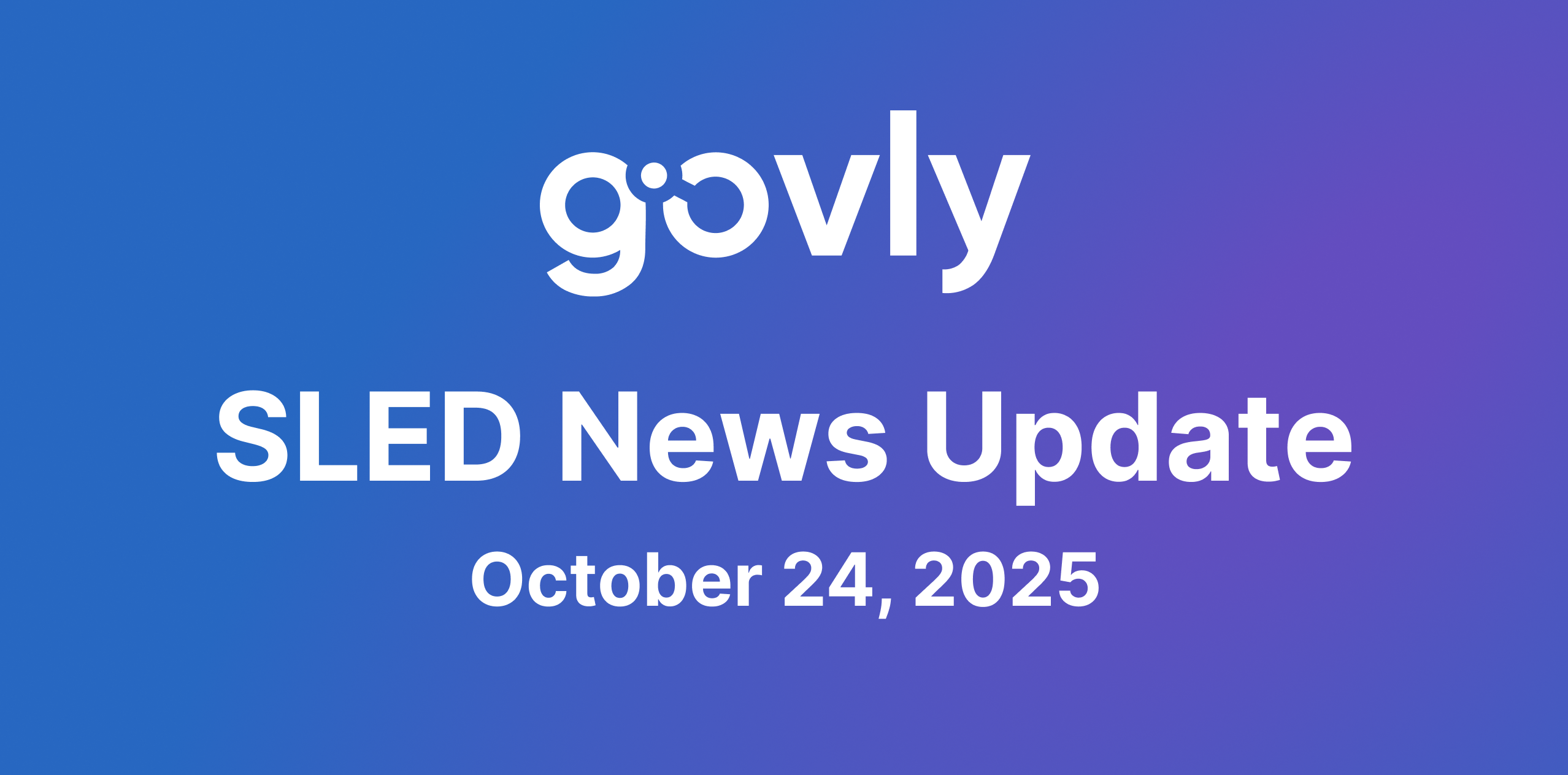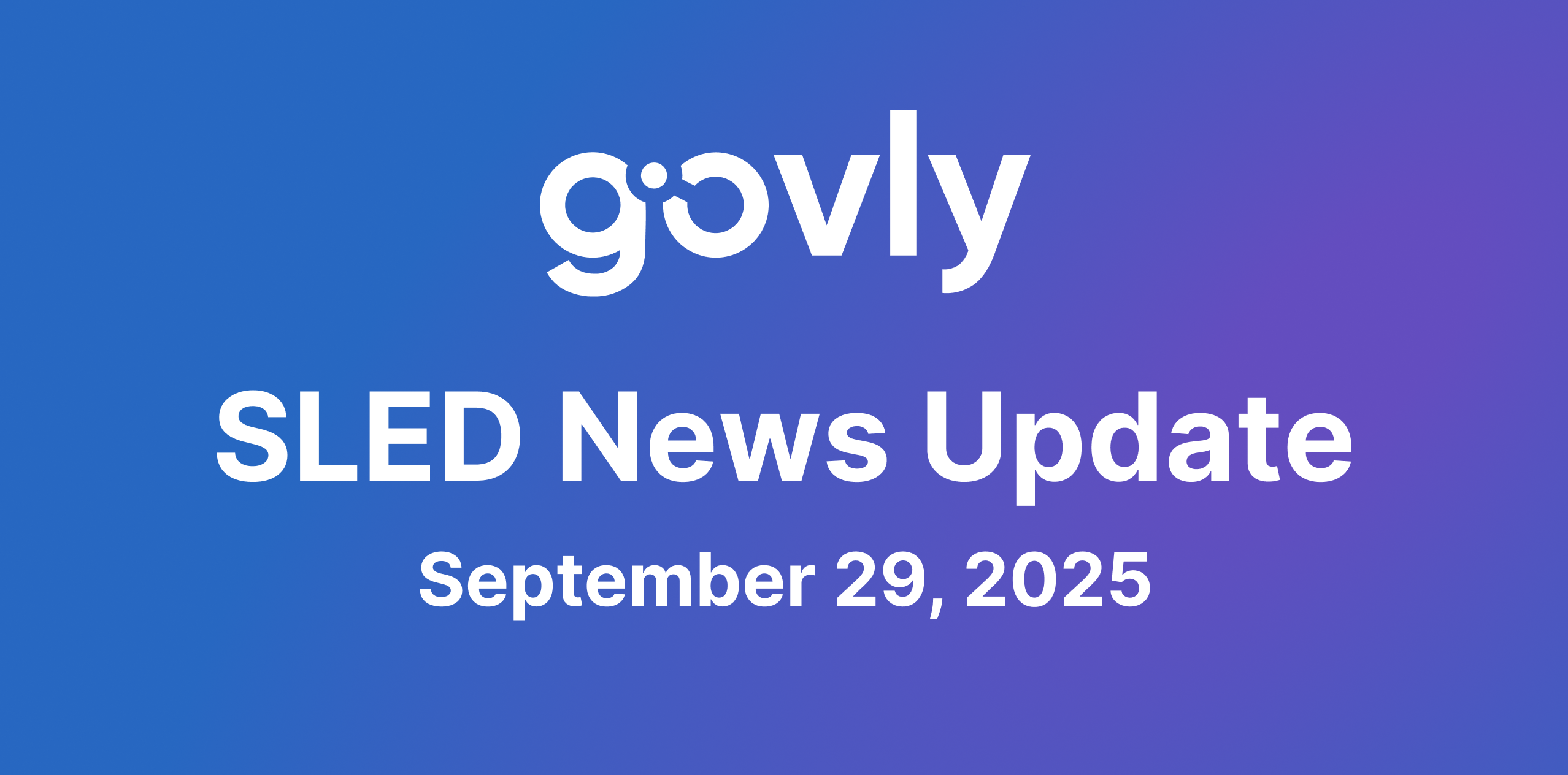Standard cloud infrastructure and government-approved clouds, such as AWS GovCloud, differ primarily in their target audience, compliance requirements, and security and data protection levels. Here are the key differences:
- Target Audience: Standard cloud infrastructure, offered by providers like AWS, Microsoft Azure, and Google Cloud Platform, caters to a broad range of customers, including individuals, businesses, and organizations from various sectors. On the other hand, government-approved clouds are specifically designed to meet the needs of government agencies, contractors, and organizations that require higher levels of security and compliance with government regulations.
- Compliance and Certification: Government-approved clouds must adhere to specific compliance frameworks and certifications mandated by government bodies. These frameworks often include data privacy, security, auditing, and access control requirements. For example, AWS GovCloud complies with numerous government regulations, such as the Federal Risk and Authorization Management Program (FedRAMP), International Traffic in Arms Regulations (ITAR), and the Department of Defense's Cloud Computing Security Requirements Guide (DoD SRG).
- Security and Data Protection: Government-approved clouds typically provide enhanced security measures to safeguard sensitive government data. They implement additional layers of protection, physical and logical access controls, encryption mechanisms, and monitoring tools to meet strict security requirements. In addition, these clouds often have dedicated, isolated environments to ensure data separation and integrity.
- Geographical Location and Data Sovereignty: Some government-approved clouds, such as AWS GovCloud, offer regions specifically designed to meet the data residency requirements of government agencies. These regions are physically located within the respective country's borders, ensuring compliance with data sovereignty regulations. This feature is crucial for government entities concerned about where their data is stored and processed.
- Restricted Access: Government-approved clouds often have stricter access controls and limited connectivity options than standard cloud infrastructure. This is to prevent unauthorized access and potential cyber threats. In addition, access to government-approved clouds may be limited to authorized personnel and organizations and may require additional background checks or clearance procedures.
- Service Availability and Offerings: Standard cloud infrastructure typically offers a broader range of services and features to cater to diverse customer needs. Government-approved clouds, on the other hand, may have a more limited selection of services tailored specifically to government requirements. However, major cloud providers have been expanding their offerings in government-approved clouds to provide a broader range of benefits over time.


.png)




.png)